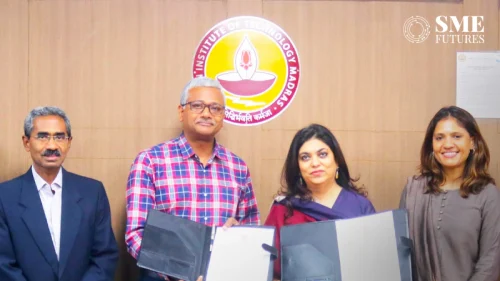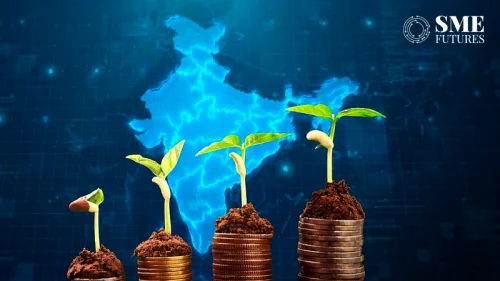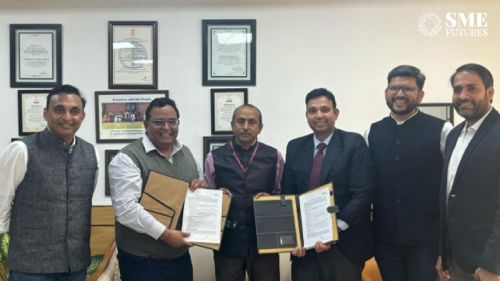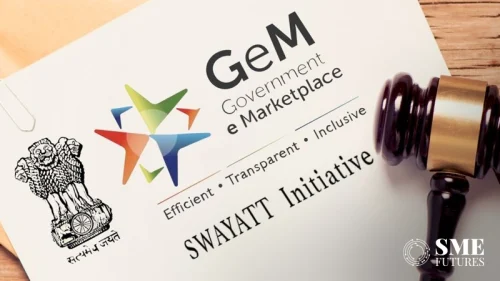Agro Inputs Manufacturers Association of India said it possesses pooled data of eight major bio-stimulants and demanded that the government should also allow all MSMEs to use its data for the registration process to carry out business operations. A notification issued in 2019 had brought bio-stimulants under the purview of the Fertiliser Control Order (FCO) 1985.
Noting that it would be difficult and unviable for small individual manufacturers to source the data, the grouping emphasised that such entities should be permitted to use the data for completing the registration process. “The government should allow MSMEs to submit pooled data, collected by the association, for the registration process,” it said in a statement.
The Pune-based association, which was set up in 2010 and has around 300 members, is in the possession of data for 8 major bio-stimulants that can be used for the inclusion of bio-stimulants under Schedule VI as per the notification.
AIMA has already proposed to the government authorities to accept the pooled data so that the small to medium industries can use the data and keep their business prospects alive.
The per-product cost of the above data creation is around Rs 30 lakh, which is not affordable for MSMEs, the statement said, adding that utilisation of pooled data would instantly enable AIM Association’s 300-odd members to continue with their businesses. The use of pooled data will save repetition of work and will save time, energy and national wealth, the statement noted.
“We welcome the new bio-stimulant notification bringing bio-stimulants under the purview of FCO 1985. This step will give bio-stimulants a ‘registered Agri input’ status and will benefit genuine manufacturers to carry out their business with pride and authenticity,” said Rajkumar Dhurgude, AIM Association President.
According to AIM Association’s Secretary Sameer Pathare, its pooled data must be accepted. Individual data creation is a very costly affair for MSMEs and SMEs. This will give respite to small to medium manufacturers and their business prospects will not be hampered, he said.
“We should look beyond present bio-stimulant regulations and their administrative challenges. Let’s prepare ourselves to accept the challenges and treat this as an opportunity to take our business and industry to the next level,” the association’s Deputy Secretary Vaibhav Kashikar said.











